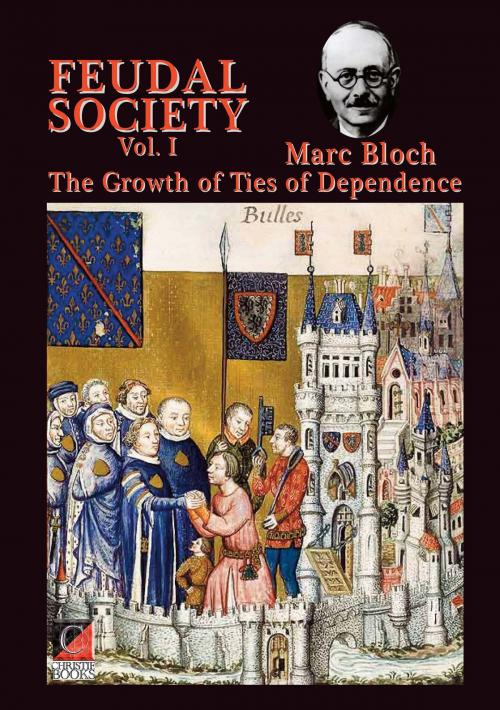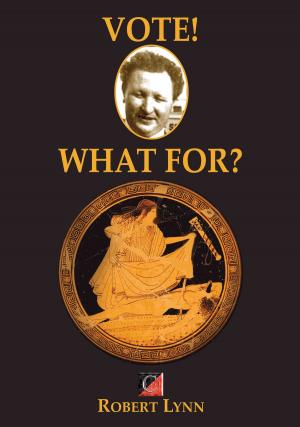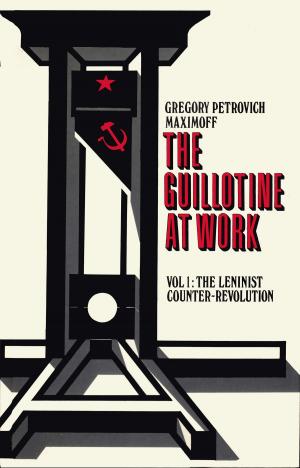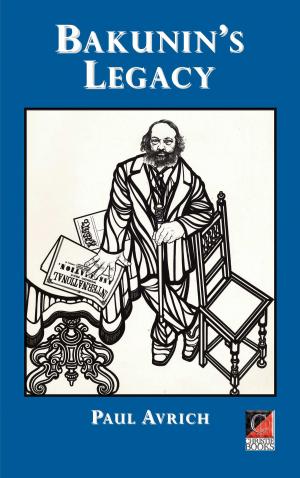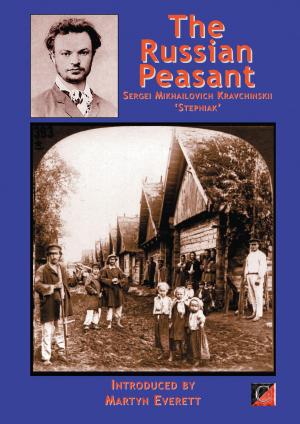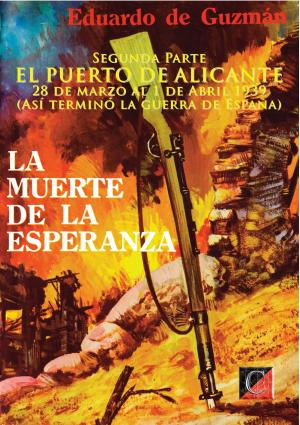FEUDAL SOCIETY Vol. I
The Growth of Ties of Dependence
Nonfiction, History, Medieval, European General| Author: | Marc Bloch | ISBN: | 1230000943970 |
| Publisher: | ChristieBooks | Publication: | February 13, 2016 |
| Imprint: | ChristieBooks | Language: | English |
| Author: | Marc Bloch |
| ISBN: | 1230000943970 |
| Publisher: | ChristieBooks |
| Publication: | February 13, 2016 |
| Imprint: | ChristieBooks |
| Language: | English |
Feudal Society is a great work of historical synthesis in the finest French tradition. The author treats feudalism as a living and vitalising force in the society of Western Europe from the ninth to the thirteenth century. After surveying the social and intellectual conditions in which feudalism developed, Bloch examines the nature of the bond of kinship both as a predecessor and as a concomitant of vassalage. The core of the book is a masterly account of the creation of ties of dependence and of relations of lord and vassal, and the origins and nature of the fief. The nobility and their way of life, knighthood and chivalry, the clergy and other forces in society are also portrayed, and the work concludes with a discussion on feudalism as a type of society. Throughout the author treats history as a living organism and endless process of creative evolution. “Here is one of those rare books of impeccable scholarship (superbly translated by Mr Manyon) which no intelligent person could possibly read without pleasure and interest and excitement. What Bloch’s book gives us is the anatomy of an age. Some would call it sociology rather than history, or at any rate historical sociology. If so, it adds a new dimension which most historical writing lacks.”—GEOFFREY BARRACLOUGH, The Observer
“This is not only a scholar's book for other scholars, or a mine of information for students, though it happens to be both these things as well, it is a book for every intelligent reader interested in the living past of Europe.” —C. V. WEDGWOOD, The Daily Telegraph
THE AUTHOR Marc Bloch, one of the great historians of our time, was born at Lyons in 1886 and educated at the École Normale in Paris. He was for many years Professor of Medieval History in the University of Strasbourg before being called in 1936 to the Chair of Economic History at the Sorbonne. In the war he joined the Resistance, but was caught by the Gestapo, tortured, and shot near Lyons in June 1944. Though his other writings had won him international reputation among historians, Feudal Society is generally regarded as his masterpiece.
Feudal Society is a great work of historical synthesis in the finest French tradition. The author treats feudalism as a living and vitalising force in the society of Western Europe from the ninth to the thirteenth century. After surveying the social and intellectual conditions in which feudalism developed, Bloch examines the nature of the bond of kinship both as a predecessor and as a concomitant of vassalage. The core of the book is a masterly account of the creation of ties of dependence and of relations of lord and vassal, and the origins and nature of the fief. The nobility and their way of life, knighthood and chivalry, the clergy and other forces in society are also portrayed, and the work concludes with a discussion on feudalism as a type of society. Throughout the author treats history as a living organism and endless process of creative evolution. “Here is one of those rare books of impeccable scholarship (superbly translated by Mr Manyon) which no intelligent person could possibly read without pleasure and interest and excitement. What Bloch’s book gives us is the anatomy of an age. Some would call it sociology rather than history, or at any rate historical sociology. If so, it adds a new dimension which most historical writing lacks.”—GEOFFREY BARRACLOUGH, The Observer
“This is not only a scholar's book for other scholars, or a mine of information for students, though it happens to be both these things as well, it is a book for every intelligent reader interested in the living past of Europe.” —C. V. WEDGWOOD, The Daily Telegraph
THE AUTHOR Marc Bloch, one of the great historians of our time, was born at Lyons in 1886 and educated at the École Normale in Paris. He was for many years Professor of Medieval History in the University of Strasbourg before being called in 1936 to the Chair of Economic History at the Sorbonne. In the war he joined the Resistance, but was caught by the Gestapo, tortured, and shot near Lyons in June 1944. Though his other writings had won him international reputation among historians, Feudal Society is generally regarded as his masterpiece.
